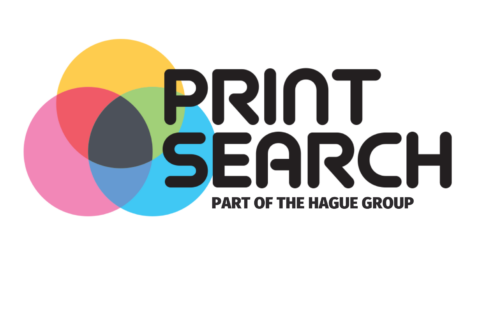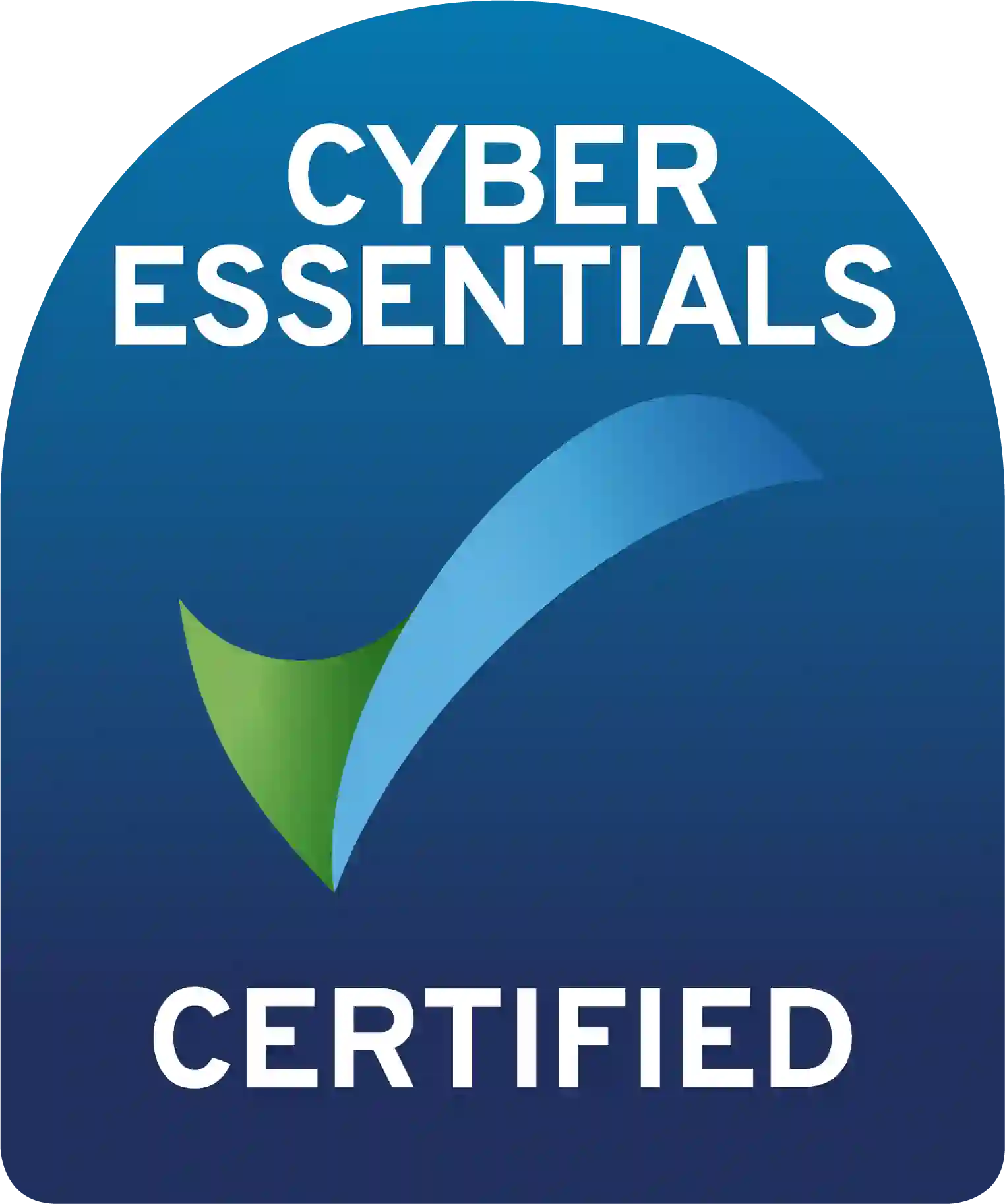Cheque fraud still a risk to businesses

Even though cheque fraud has dramatically decreased over the last decade, 2018 saw the first rise in seven years in the value of cheque fraud.
According to figures by UK Finance (the trade organisation for the UK banking and financial services sector) in 2017, the value of cheque fraud totalled £9.8 million. In 2018, this increased by a staggering 108% to £20.8 million. Further research by UK Finance shows that the volume of cheque fraud increased by only 16% which indicates that the rise in the value was more likely to be caused by a small number of high-value fraudulent cheques.
As leading providers of secure cheque printing services, Hague understands the devasting effects cheque fraud can have on businesses. To help you protect your business from being a victim of cheque fraud here is a breakdown of the main types and practical ways to prevent them:
Main types of cheque fraud
Counterfeit cheques
This is a cheque which has been printed on non-bank paper and made to look like a genuine cheque. The deceiving thing with counterfeit cheques is that they relate to a genuine bank account, but the cheque itself has been produced by a fraudster.
Forged cheques
Forged cheques are often difficult to spot as the cheque itself is genuine, but the signature is not the account holder’s. It’s been done by someone else to look like the account holder’s.
Fraudulently altered cheques
A fraudulently altered cheque is again a genuine cheque which has been altered by a fraudster before it has been paid into a bank. Usually, this involves changing the name of the payee or the amount to be paid.
Tips for preventing cheque fraud
Even if most of your business’ financial transactions are done online, there may still be times you have to issue cheques. To help prevent your business from being a victim of cheque fraud, Financial Fraud Action recommends:
- Your cheques include anti-fraud features such as it being printed on security watermark paper and including holograms and MICR numbering, amongst other things
- You store cheques in a secure location such as a safe
- You destroy old cheques or keep them locked in a secure location
- You regularly check that there are no missing cheques
- That no blank spaces are left on the cheque, particularly the payee details and the amount
- You use dark ink when writing a cheque as this is more difficult to alter or rub out and replace
Hague has over thirty years of experience creating 100% secure cheques for banks, leading financial institutions and private corporate users in the UK and across the globe.
For further details on our secure cheque printing services, complete our online enquiry form leaving your name, contact number and a brief message and a member of our printing team will be in touch shortly.















